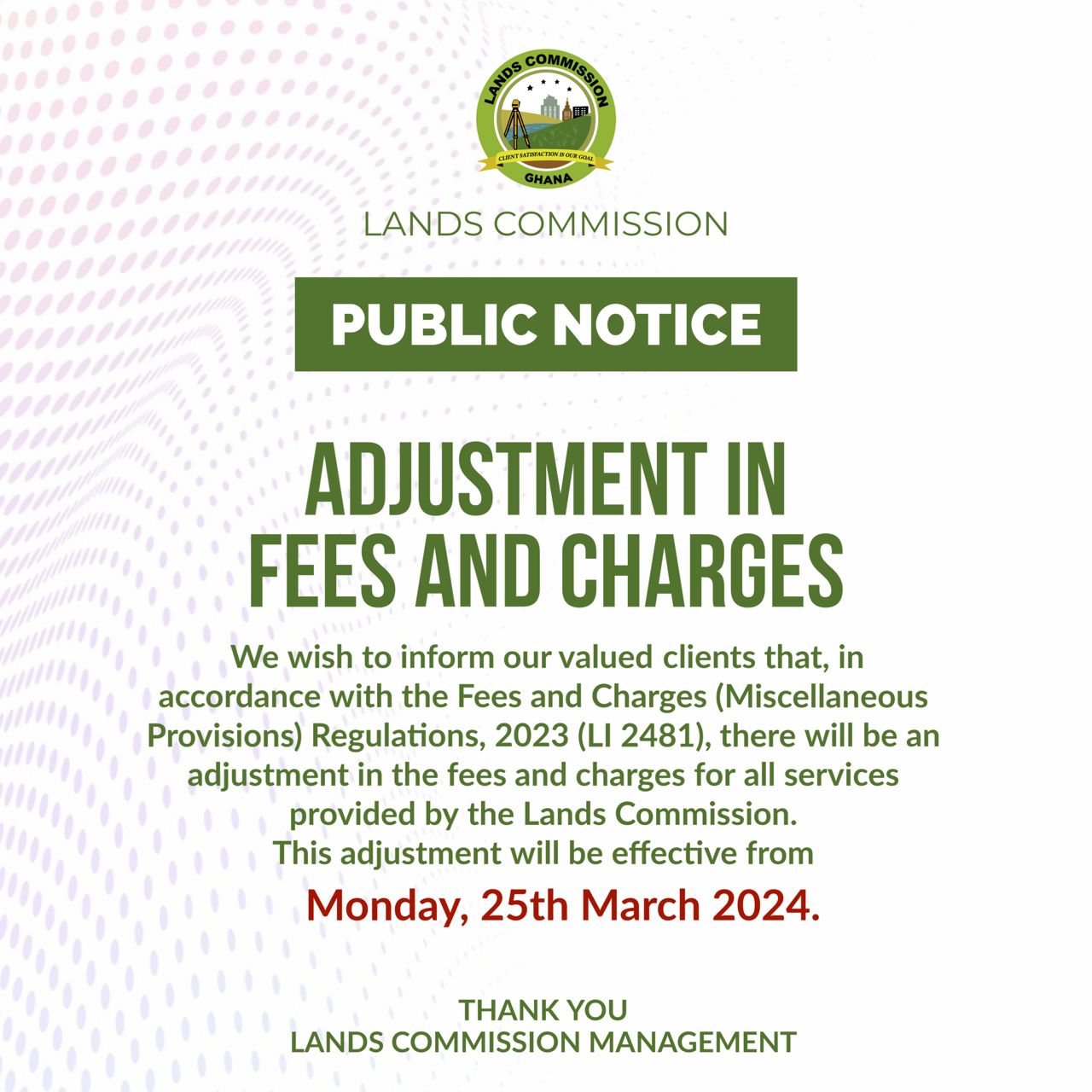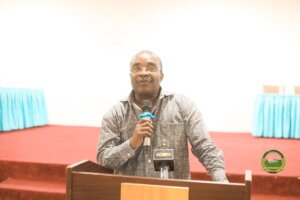 The Ghana Land Sector Multi-Stakeholder Platform (LSMSP) for Inclusive Land Governance held its inaugural meeting on, July 19, 2023, at the Mensvic Grand Hotel in Accra which forms part of the objectives for the Land Conference organized last year December and is captured as an integral part of the communique which was submitted to the Lands Minister.
The Ghana Land Sector Multi-Stakeholder Platform (LSMSP) for Inclusive Land Governance held its inaugural meeting on, July 19, 2023, at the Mensvic Grand Hotel in Accra which forms part of the objectives for the Land Conference organized last year December and is captured as an integral part of the communique which was submitted to the Lands Minister.
The forum which was aimed at presenting a platform for stakeholders to explore ways of addressing the bottlenecks with land administration in Ghana had in attendance policymakers, investors, and other stakeholders.
The great enthusiasm of participants was palpable from start to finish as they actively engaged the various speakers and made cogent contributions that will go a long way to shape the industry.
In his opening address, Mr. Alex Quaynor Esq. the Chairman of the National Lands Commission, commended the participants which included governments institutions, civil society organizations, academia, and the private sector for showing tremendous commitment to the objective of improving the land governance architecture and system by availing themselves for the all-important meeting.
He laid special emphasis on inclusivity, accountability, and transparency as key ingredients in the effective management of land resources in the county.
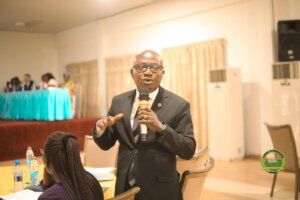 Mr. Maxwell Nsafoah, Technical Director at the Ministry of Lands, in his speech, highlighted the significance of the establishment of the LSMSP ‘noting that it was birthed to serve as a platform for multi-stakeholder engagement.
Mr. Maxwell Nsafoah, Technical Director at the Ministry of Lands, in his speech, highlighted the significance of the establishment of the LSMSP ‘noting that it was birthed to serve as a platform for multi-stakeholder engagement.
He emphasized the need to address key issues such as land tenure security, land disputes, and land-use planning to ensure sustainable development and social justice in Ghana.
Dr. W. Odame Larbi, renowned land tenure and governance expert, delivered an enlightening presentation on the LSMSP itself.
Dr. Larbi provided an overview of the platform’s structure, mechanisms, and intended role in addressing the existing challenges. He outlined the potential impact of the LSMSP in fostering collaboration, knowledge sharing, and evidence-based decision-making.
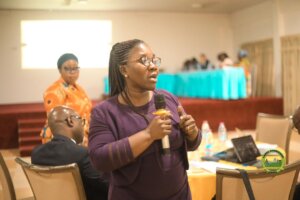 Mrs. Cynthia Odametey, Head of the Policy Planning and Research Unit at the Lands Commission, gave an elaborate presentation on the concept of Thematic Working Groups (TWGs) and their roles.
Mrs. Cynthia Odametey, Head of the Policy Planning and Research Unit at the Lands Commission, gave an elaborate presentation on the concept of Thematic Working Groups (TWGs) and their roles.
Mrs. Odametey explained how the TWGs would function as specialized forums for focused discussions and action on specific land governance issues.
After the initial speeches, the participants were then classified into focused groups and handed the responsibility of discussing and brainstorming the various components of the lands administration system and presenting a report to the plenary.
The various sub-committees fulfilled their respective tasks by delivering reports dominated with far-reaching recommendations for the growth of the lands sector.
The inaugural meeting of the Ghana Land Sector Multi-Stakeholder Platform (LSMSP) has set the stage for collaborative efforts among stakeholders and raised expectations for transformative change in land governance practices. With the
commitment and engagement of key actors, the LSMSP holds the potential to shape Ghana’s land sector into one that prioritizes inclusivity, transparency, and sustainable development.
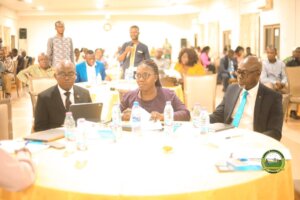
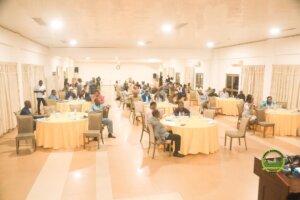
END
COMMS UPDATE


